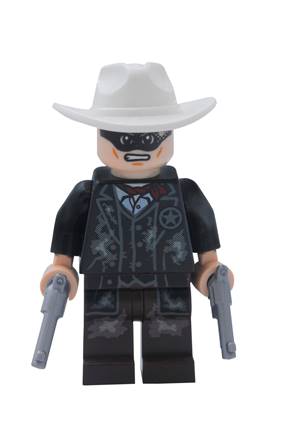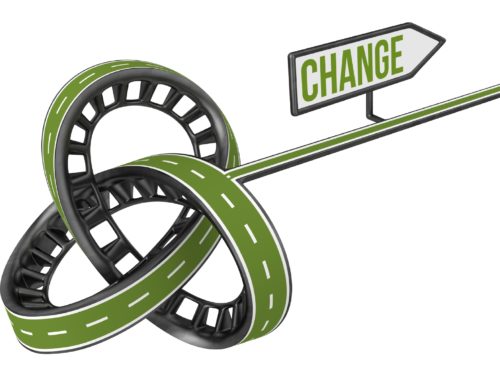The “William Tell Overture” starts, and a masked rider on a white horse races across the screen. “Hi-yo, Silver!” he yells.
If you are of a certain age (like me) or an old west TV nerd, you know the words that follow from memory:
“A fiery horse with the speed of light, a cloud of dust and a hearty “Hi-yo Silver” – the Lone Ranger! With his faithful Indian companion, Tonto, the daring and resourceful masked rider of the plains led the fight for law and order in the early West. Return with us now to those thrilling days of yesteryear. The Lone Ranger rides again!”
The Lone Ranger was synonymous with being the hero that fights for justice and doing what’s right. He was a problem solver who delivered results, and he is the wrong model for successful leadership.
The Lone Ranger and effective leadership
The Lone Ranger television shows were based on a consistent, reliable formula:
- Something bad happened that required assistance from the Lone Ranger and Tonto.
- The heroes ride in to solve the problem.
- The people who were helped thanked the Lone Ranger for saving the day. They turn away for a moment. When they turn back, they find that the Lone Ranger is gone. They look at each other and ask, “Who was that masked man?”
- The Lone Ranger has vanished, but he leaves behind a silver bullet. The people that have just been saved hear the Lone Ranger’s call, “Hi-yo, Silver!” as the show ends.
The most obvious reason not to follow the Lone Ranger’s example is the fact that he never shared the credit with Tonto. Maybe the Lone Ranger was letting him know in private, but it is safe to assume that if it wasn’t important enough to include in the show, it most likely didn’t occur.
The second, and perhaps bigger, reason the Lone Ranger is a poor leadership model is evident in every episode. It involves the silver bullet. Perhaps I am alone in this, but have you ever wondered what was written on that bullet?
My bet is that the silver bullet was the Lone Ranger’s equivalent of the business card made famous in another hit TV show of that time, “Have Gun Will Travel.” It contained the contact information of a telegraph office or Post Office box where he could be contacted for further assistance.
My belief is based on this truth—the Lone Ranger never taught or helped anyone solve their own problems. He and Tonto always solved people’s problems for them.
When you think about it, leaders are often cast in the role of the Lone Ranger today. The script plays out like this:
- Something bad happens and the manager is summoned to solve the problem. The call could come from external customers, internal customers, or team members that don’t know what to do.
- He/she rides in and either resolves the issue or, at best, tells people what to do.
- Those affected thank the manager who might or might not share the glory with their loyal, trusted colleagues who contributed to the solution.
- The manager vanishes, but she/he leaves behind her/his email address and mobile device number. The people that have just been saved hear the manager say, “Call me if you have a problem. Otherwise, you are on your own.”
The impact of playing the Lone Ranger
Would you want to work for the Lone Ranger if you were Tonto? Research done by O.C. Tanner found that 79 percent of employees who quit their job cited a lack of recognition. A colleague or employee that is as trusted and loyal as Tonto is rare. You can’t afford to lose her/him because you didn’t share the credit for their contribution.
Even more important, leading like you are the Lone Ranger places you in the position of having to solve everyone’s problems for them. That’s not the best use of your time. It creates an environment where high-performing employees are frustrated with never being allowed to grow. Finally, accountability suffers because you never invested your energy to develop clear expectations, provide resources, and teach people to solve their own problems.
You can still watch reruns of “The Lone Ranger” even though it has been over 60 years since the original series aired. Likewise, you can always tune into the 2013 movie starring Johnny Depp and Armie Hammer. The story of good overcoming evil is timeless. Just make sure that you don’t use them as a model for effective leadership.
Randy Pennington is an award-winning author, speaker, and leading authority on helping organizations achieve positive results in a world of accelerating change. To bring Randy to your organization or event, visit www.penningtongroup.com , email info@penningtongroup.com, or call 972.980.9857.





